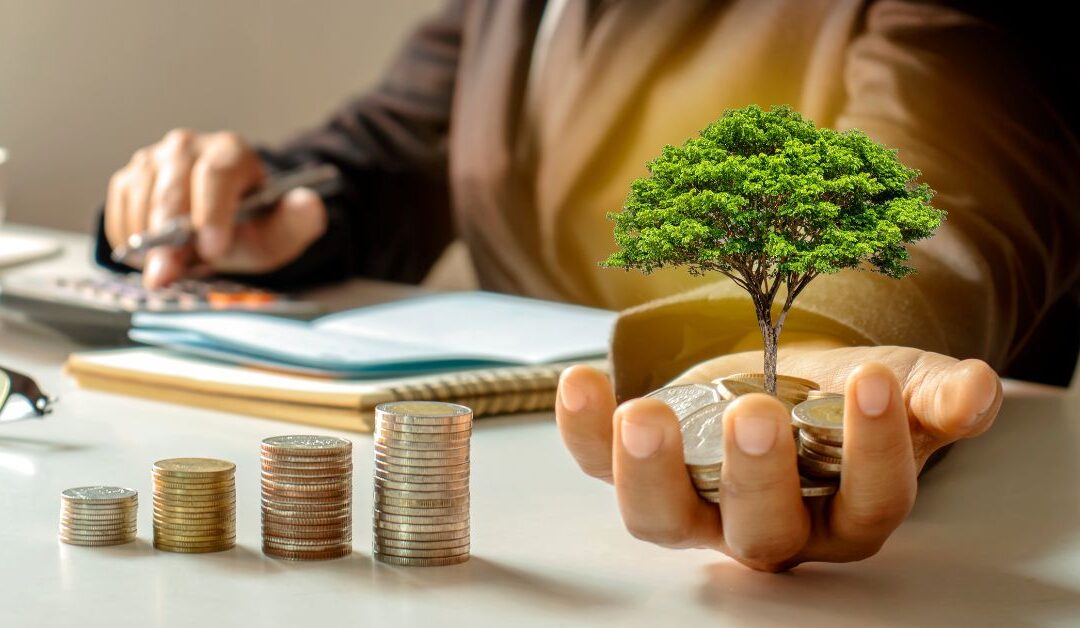The Bangladesh Investment Summit 2025 was held from April 7 to 10, 2025, at the prestigious InterContinental Dhaka, marking a major milestone in Bangladesh’s economic and diplomatic advancement. Organized by the Bangladesh Investment Development Authority (BIDA) in association with the Bangladesh Economic Zones Authority (BEZA), the summit brought together over 1,000 participants from more than 50 countries, including high-level delegations from major economies such as China, the United States, the United Kingdom, Japan, Germany, and South Korea. The summit’s overarching goal was to showcase Bangladesh’s reformed investment landscape, generate sustainable foreign investment, highlight policy improvements following the July 2024 political stabilization, and present Bangladesh as a leading hub for international investment.
DAY 1 – APRIL 7, 2025: STARTUP ENERGY AND ECONOMIC ZONE READINESS
The summit opened with Startup Connect 2025 at the InterContinental Dhaka, where Bangladeshi startups engaged with global venture capitalists to explore funding and collaboration opportunities. Startups showcased scalable solutions in fintech, healthtech, and agritech, building vital investor connections. The day also featured site visits to key industrial zones the Korean Export Processing Zone in Anwara and the National Special Economic Zone in Mirsharai, Chattogram—providing investors with a ground-level view of Bangladesh’s export-focused infrastructure and development readiness. BIDA’s Executive Chairman opened the summit by highlighting the nation’s reform trajectory post-July 2024 political stabilization. A bold policy move was declared with the cancellation of 10 underperforming economic zones, signifying a shift toward quality-driven investment and responsible land use. Emphasis was also placed on the expansion of One-Stop Service (OSS) centers and improvements in digital governance and enforcement—a message that resonated strongly with global investors looking for procedural clarity and efficiency.
DAY 2 – APRIL 8, 2025: STRATEGIC INVESTMENT COMMITMENTS AND PRIVATE SECTOR REFORM
Day two emphasized sectoral depth and reform diagnostics. Investors toured the Bangladesh Special Economic Zone (BSEZ), home to state-of-the-art facilities like Singer Bangladesh’s $78 million manufacturing plant, a model for fast-tracked industrial operations. The World Bank Group unveiled the Country Private Sector Diagnostic, detailing regulatory gaps and proposing data-backed solutions to unlock private capital flows. Major investment news followed: Argent LNG (USA) signed a non-binding MoU to supply up to 5 million metric tons of LNG per year, boosting Bangladesh’s energy security trajectory. Simultaneously, Nilorn Bangladesh (Sweden) announced a $14 million factory investment, expected to generate 300 new jobs. These moves reflected investor confidence and recognition of Bangladesh’s readiness to support large-scale, sustainable industrial ventures.
DAY 3 – APRIL 9, 2025: INAUGURATION, GREEN GROWTH, AND YOUTH INNOVATION
The official inauguration ceremony was held at InterContinental Dhaka, attended by the Prime Minister and top-level officials, setting the tone for reform-driven economic engagement. The afternoon included two thematic sessions: the Youth Entrepreneurship Expo, which spotlighted young innovators and their ventures, and a Renewable Energy Panel, where international development partners and financiers discussed scaling sustainable infrastructure across Bangladesh. In sustainability sessions, the European Investment Bank (EIB)pledged todouble its Bangladesh commitment to €2 billion, targeting green energy, clean water, climate change mitigation, andcommunications infrastructure. Executives like Nicholas Qi (Genew Bangladesh)andWu Jianbo (Green and Smart Energy Organization) voiced optimism but urged continued focus on reducing bureaucratic delaysand ensuring regulatory continuity. Day three solidified Bangladesh’s positioning in climate finance, youth entrepreneurship, and innovation partnerships.
DAY 4 – APRIL 10, 2025: GLOBAL ALIGNMENT AND SECTOR DIVERSIFICATION
The final day focused on high-growth and socially impactful sectors through a series of morning breakout sessions on the Digital Economy addressed fintech growth, data policy, and e-governance. The Textile & Apparel panel emphasized sustainable production and export competitiveness, while Agro-processing discussions explored rural industrialization, supply chain modernization, and food security. In Healthcare & Pharma, non-resident Bangladeshi (NRB) investors such as Dr. Iftikher Mahmood announced intentions to build global-standard healthcare and education institutions, blending social impact with investment goals. A standout achievement was Bangladesh’s signing of the Artemis Accords, joining NASA’s peaceful space exploration framework as the 54th member, symbolizing Bangladesh’s entry into high-technology diplomacy. The Closing Ceremony wrapped up with reflections on key wins, new investment leads, and a strong international signal that Bangladesh is open, stable, and ambitious for the future.
FAQ
What is the future of Bangladesh in 2025?
Bangladesh in 2025 is on a growth trajectory. Major reforms after 2024 have enhanced transparency, digital governance, and ease of doing business. Sectors like energy, manufacturing, ICT, and green infrastructure are experiencing strong growth.
Which sector is best for investment in Bangladesh?
Key sectors attracting investment in 2025 include:
1. Renewable Energy & Power
2. Textiles & Apparel
3. ICT & Digital Services
4. Healthcare & Pharmaceuticals
5. Agro-processing
6. Infrastructure & Economic Zones
7. Maritime & Port Logistics (especially around Chattogram and Payra ports).
What is the full form of BIDA?
BIDA stands for Bangladesh Investment Development Authority.
Is Bangladesh a good country to invest in?
Yes. Bangladesh is considered a promising investment destination in South Asia, driven by a large youth population, low labor costs, strategic location, consistent GDP growth, and policy reforms aimed at investor facilitation. International confidence has risen post-2024 reforms.
Who is the biggest investor in Bangladesh?
As of 2025, China remains the largest foreign investor in Bangladesh in terms of FDI, followed by Japan, the United States, and the United Kingdom. China has major stakes in infrastructure, power, and economic zones.
What are the investment opportunities in Bangladesh?
Opportunities exist in:
1. Special Economic Zones (SEZs)
2. Energy and LNG terminals
3. Digital & IT services
4. Export-oriented manufacturing
5. Logistics and infrastructure
6. Education and healthcare services
7. Coastal tourism and fisheries
How to start investing in Bangladesh?
To invest in Bangladesh:
1. Register through BIDA’s One Stop Service (OSS) portal
2. Obtain approvals/licenses (environmental clearance, tax, etc.)
3. Choose an SEZ or industrial park if applicable
4. Open a local bank account and bring in foreign currency through formal channels
5. Consult local legal and financial experts for compliance
Which is the most profitable business in Bangladesh?
Highly profitable sectors in 2025 include:
1. Textile & Garment manufacturing
2. Pharmaceutical production
3. Renewable energy (solar, waste-to-energy)
4. Maritime logistics and shipbuilding
5. Agri-tech and food processing
6. ICT outsourcing and fintech services
What is the GDP of Bangladesh in 2025?
The projected GDP of Bangladesh in 2025 is around $500 billion USD, with a growth rate of approximately 6.8%, driven by exports, remittances, and private sector investment.
What will be the future of Bangladesh in 2050?
By 2050, Bangladesh is expected to become an upper-middle-income country, with a diversified economy, high urbanization, climate-resilient infrastructure, and a technology-driven workforce. However, this depends on sustained reforms, climate adaptation, and education investment.
What is the unemployment rate in Bangladesh 2025?
The unemployment rate in 2025 is estimated to be around 4.3%, though underemployment and informal sector dependence remain significant challenges, especially among youth and rural populations.
How many economic zones will Bangladesh have by 2030?
Bangladesh plans to develop 100 Economic Zones by 2030, of which over 30 are currently operational or under active development as of 2025, under the guidance of the Bangladesh Economic Zones Authority (BEZA). Several are strategically located near major ports to support maritime trade, export processing, and global supply chains.


 From corporate to personal matters, Our expert lawyers are ready to assist you.
From corporate to personal matters, Our expert lawyers are ready to assist you. 